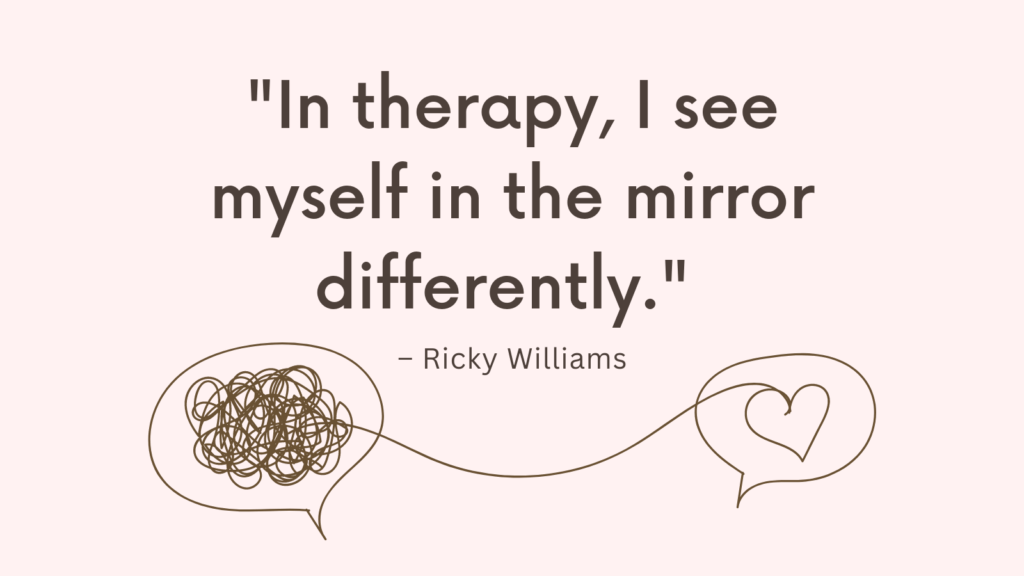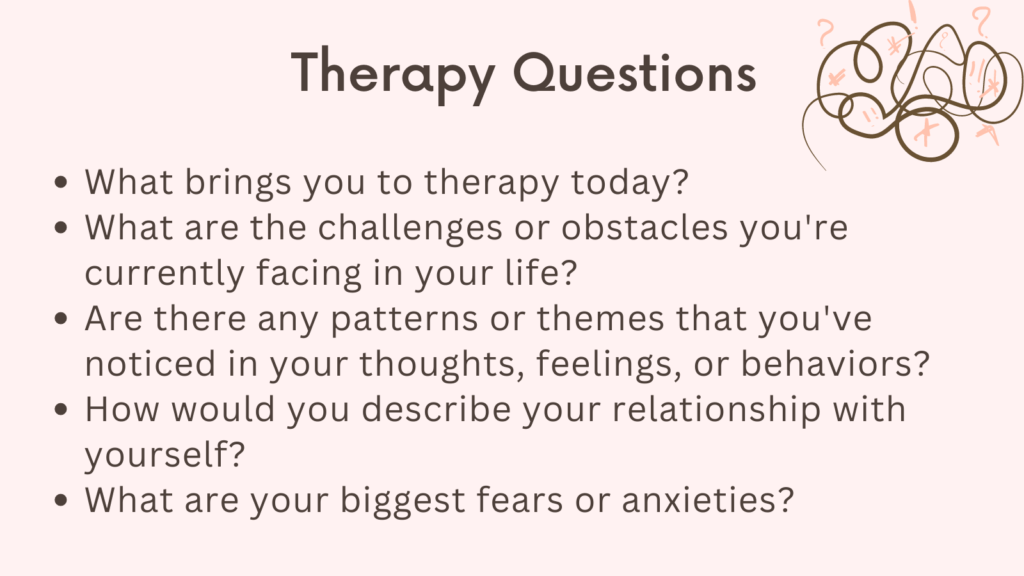In this post, you’re going to discover how behavior therapy is different than psychoanalysis.
Behavior Therapy
Behavior therapy, a subset of cognitive-behavioral therapy, is a form of psychotherapy that focuses on changing behaviors that are causing distress or contributing to psychological difficulties.
It is based on the principles of learning theory, particularly operant and classical conditioning, and emphasizes the role of the environment in shaping behavior.
Characteristics of Behavior Therapy
Behavior therapy, a form of psychotherapy, is characterized by several key principles and techniques.
Here are some of the main characteristics of behavior therapy:
1. Empirically based: Behavior therapy is rooted in scientific principles and empirical research. It emphasizes evidence-based practices, relying on studies and data to inform treatment approaches.
2. Focus on observable behaviors: Behavior therapy places a significant emphasis on observable behaviors rather than solely focusing on thoughts or emotions. This approach recognizes that targeting specific behaviors can lead to meaningful changes in mental health and well-being.
3. Focus on environmental factors: Behavior therapy emphasizes the influence of the environment on behavior. It recognizes that modifying the environment and altering the consequences of behaviors can contribute to behavior change and improved well-being.
4. Collaborative and goal-oriented: Behavior therapy involves a collaborative relationship between the therapist and the individual seeking treatment. It emphasizes setting clear, measurable goals for behavior change and working together to achieve them.
5. Use of structured techniques: Behavior therapy utilizes a range of structured techniques and interventions to facilitate behavior change. These techniques may include behavioral activation, exposure therapy, token economy, systematic desensitization, and shaping, among others.
6. Assessment and monitoring: Behavior therapy often involves conducting assessments to identify target behaviors, their frequency, and the variables contributing to those behaviors. Monitoring progress is important to evaluate the effectiveness of interventions and make necessary adjustments.
7. Time-limited and focused: Behavior therapy is typically brief and time-limited, as it often targets specific behaviors or problems. Treatment duration may vary depending on the complexity of the issue, but the focus is on achieving measurable improvements within a reasonable timeframe.
Related: Best 10 CBT Therapy Books
Psychoanalysis
Psychoanalysis is a psychological approach developed by Sigmund Freud that aims to explore the unconscious mind and its influence on our thoughts, emotions, and behaviors.
Characteristics of Psychoanalysis
Here are some key aspects and principles of psychoanalysis:
1. Unconscious mind: Psychoanalysis posits that a significant part of our mental processes occurs in the unconscious, including repressed memories, desires, and conflicts. Exploring and bringing these unconscious elements to conscious awareness is an essential goal of psychoanalysis.
2. Free association: The therapist encourages the patient to freely express their thoughts, feelings, and memories without censorship or judgment. This technique allows for the exploration of unconscious material and the identification of patterns, symbols, and hidden meanings.
3. Dream analysis: Dreams are considered a gateway to the unconscious mind. Psychoanalysis interprets dreams to uncover latent content, symbolic representations, and unconscious conflicts and desires. Analyzing dreams can provide insight into unresolved issues and facilitate personal growth.
4. Transference: Transference refers to the patient’s projection of emotions, feelings, and attitudes onto the therapist, often unconsciously and based on past relationships. Through analyzing transference, the therapist gains insight into the patient’s inner world and past experiences.
5. Interpretation: The therapist interprets the patient’s thoughts, behaviors, dreams, and other expressions to uncover underlying unconscious conflicts, desires, and defense mechanisms. Interpretations aim to increase self-awareness, insight, and understanding.
6. Catharsis: Psychoanalysis views emotional release as a crucial aspect of therapy. By expressing and working through repressed emotions, patients can experience catharsis (emotional release) and gain relief from psychological symptoms.
7. Long-term and intensive: Psychoanalysis typically involves long-term and intensive treatment, with multiple sessions per week over an extended period. This allows for a deep exploration of the unconscious and comprehensive insight into one’s psyche.
8. Individualized approach: Psychoanalysis recognizes the uniqueness of each individual’s experiences and tailors therapy to meet their specific needs. The therapist provides a supportive and non-judgmental environment to foster self-exploration and growth.
It’s important to note that psychoanalysis has evolved since Freud’s time, and contemporary psychodynamic approaches may incorporate additional techniques and perspectives.
However, these basic principles continue to underpin the practice of psychoanalysis and its aim to delve into the depths of the unconscious mind for greater self-understanding and personal transformation.
Related: Best 23 Therapist Gifts Ideas
How Is Behavior Therapy Different Than Psychoanalysis?
Behavior therapy and psychoanalysis are two different approaches to therapy with distinct theoretical frameworks and techniques.
Here’s a brief overview of how they differ:
1. Focus
Behavior therapy primarily focuses on observable behaviors, while psychoanalysis delves into unconscious thoughts, emotions, and early life experiences.
2. Goal
Behavior therapy seeks to modify problematic behaviors and replace them with healthier ones, aiming for symptom relief and behavioral change.
Psychoanalysis, on the other hand, aims to provide insight and understanding into the root causes of psychological issues, ultimately leading to self-awareness and resolving inner conflicts.
Related: Best 12 Books For Therapists
3. Timeframe
Behavior therapy is typically a shorter-term intervention, focusing on specific behavioral goals that can be achieved relatively quickly.
Psychoanalysis, in contrast, is often long-term, delving into deep-seated issues and requiring more time for exploration and resolution.
4. Techniques
Behavior therapy employs various techniques like systematic desensitization, exposure therapy, and cognitive-behavioral techniques to address specific behaviors or symptoms. It emphasizes learning theory, reinforcement, and conditioning.
Psychoanalysis utilizes techniques such as free association, dream analysis, and interpretation to uncover unconscious processes and gain insight into underlying conflicts.
5. Therapist-patient relationship
Behavior therapy tends to have a more structured and collaborative therapist-patient relationship, with a focus on setting goals, providing education, and teaching specific skills.
Psychoanalysis typically involves a more exploratory and introspective dynamic, allowing the patient to freely express their thoughts and emotions.
It’s essential to note that both behavior therapy and psychoanalysis have evolved over time, and many therapists integrate elements from different approaches based on the needs and preferences of their clients.
The choice between the two depends on the individual’s goals, presenting concerns, and therapeutic preferences.
Related: Top 100 Therapy Questions

Conclusion
Behavior therapy and psychoanalysis both have many advantages. However, the choice of therapy should be tailored to individual needs and preferences.
A skilled therapist can help determine the most suitable approach based on the specific concerns and goals of each client.



